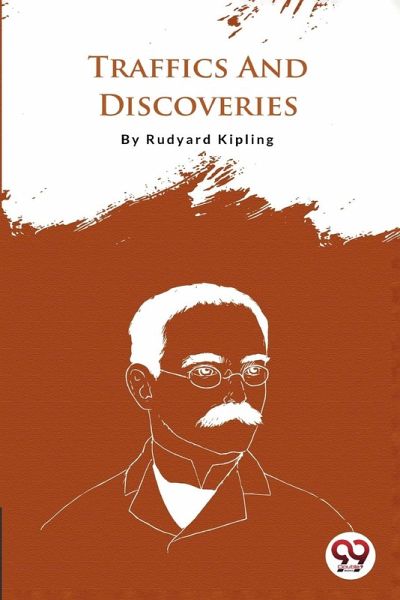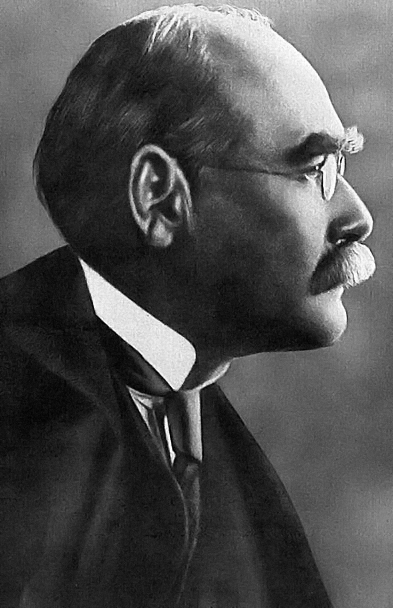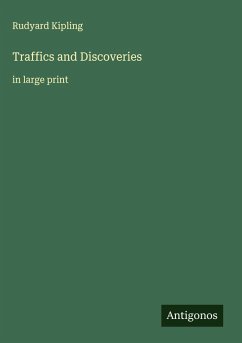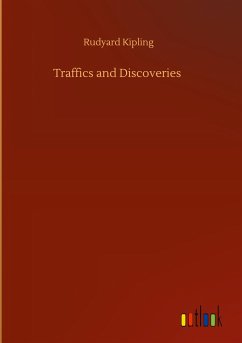
Traffics And Discoveries
Versandkostenfrei!
Versandfertig in 1-2 Wochen
25,99 €
inkl. MwSt.

PAYBACK Punkte
13 °P sammeln!
'Traffics and Discoveries' is a composition of 11 short stories and 11 poems written by Rudyard Kipling, published in 1904. It is a good composition of several short stories related with Boer War Period. In Bore War Indian Army was not involved because it was considerably white man's war. Presently, these stories related with war period seem outdated. But infact these stories show Kipling's vision of a reformer to reform British army. These stories give a terrific picture of British concentration camps and their inhuman behaviour to war prisoners. This depiction demoralise the native citizens....
'Traffics and Discoveries' is a composition of 11 short stories and 11 poems written by Rudyard Kipling, published in 1904. It is a good composition of several short stories related with Boer War Period. In Bore War Indian Army was not involved because it was considerably white man's war. Presently, these stories related with war period seem outdated. But infact these stories show Kipling's vision of a reformer to reform British army. These stories give a terrific picture of British concentration camps and their inhuman behaviour to war prisoners. This depiction demoralise the native citizens. In his stories he also message that to safeguard the glory of British empire proper perpetual control and attentiveness is needed. War is a serious matter it should be dealt sincerely and execute benevolently. Stories related with new discoveries, science and technology are most significant like the car, the radio and electric power. Kipling showed his good knowledge of science and technology, he used terms and references related with new gadgets, army, navy, artillery, ships, wireless and car etc. Few stories are also based on fantasy and supernatural world.















